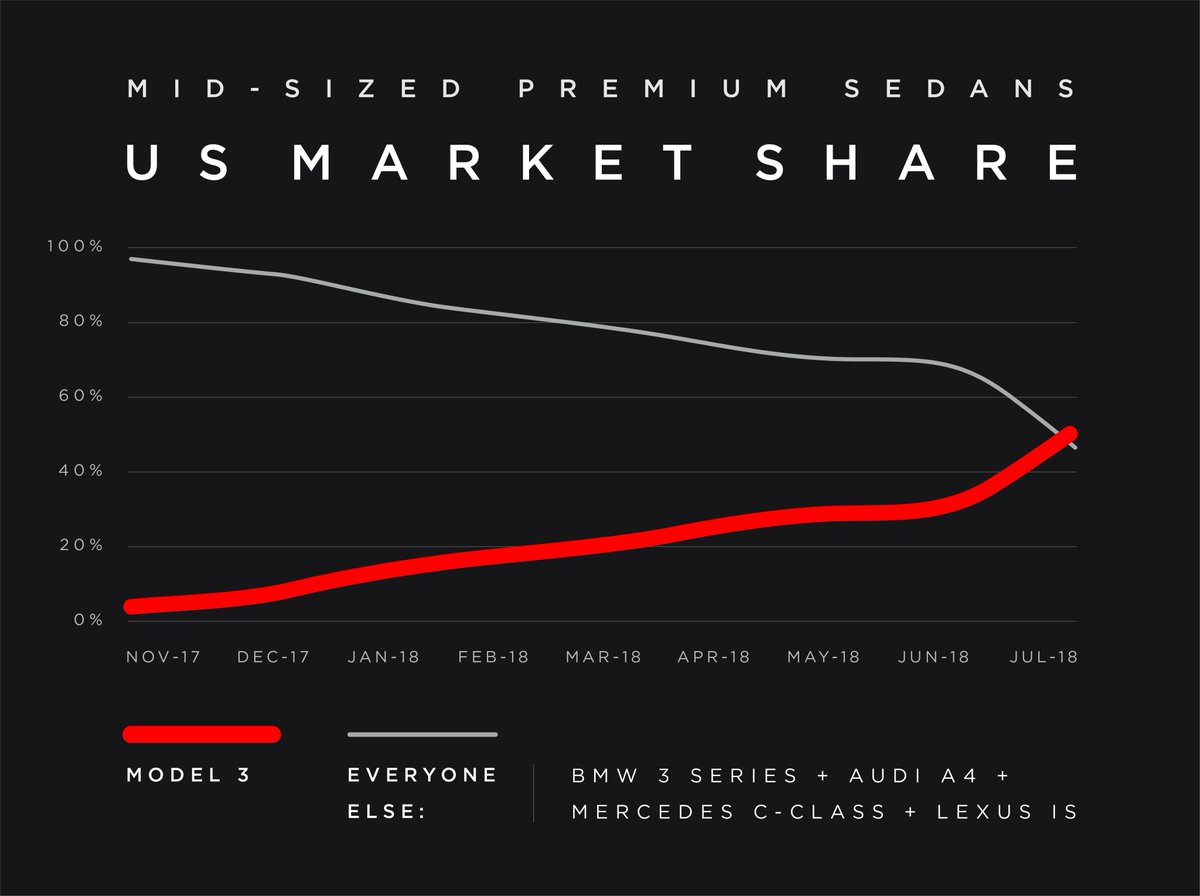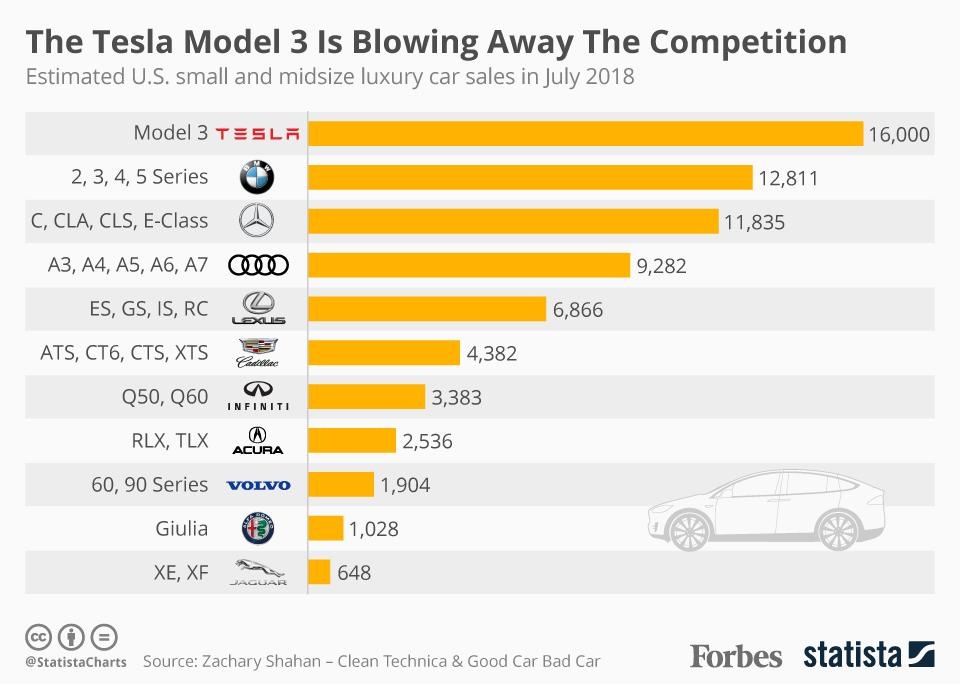DooKey
[H]F Junkie
- Joined
- Apr 25, 2001
- Messages
- 13,551
Elon Musk announced that Tesla will begin building its own AI chips for self-driving cars during their earnings call yesterday. Until now they've been using Nvidia's Drive Platform, but they say their in-house chips will focus on their specific needs and will run faster than current hardware. Also, the new computers based on in-house chips will plug into existing cars because they have compatible connectors. Hopefully this works out for Tesla. You know this has to grate on Nvidia.
By having its own silicon, Tesla can build for its own needs at its own pace. If they suddenly recognize something the hardware is lacking, they’re not waiting on someone else to build it. It’s by no means a trivial task - but if they can pull it off without breaking the bank (and Elon says it costs them “the same as the current hardware”), it could end up being a significant strength.
By having its own silicon, Tesla can build for its own needs at its own pace. If they suddenly recognize something the hardware is lacking, they’re not waiting on someone else to build it. It’s by no means a trivial task - but if they can pull it off without breaking the bank (and Elon says it costs them “the same as the current hardware”), it could end up being a significant strength.
![[H]ard|Forum](/styles/hardforum/xenforo/logo_dark.png)

